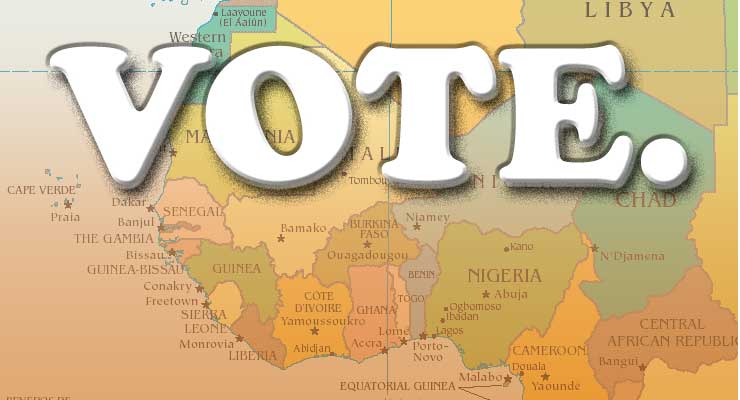
Africa in general is plagued by conflicts. West Africa is one of the most affected regions. These conflicts often generate internally displaced persons (IDPs). It is not because people have been removed from their normal places of residence that they should become disenfranchised. Much has to be done to enable these IDPs to participate in elections. This article by Shamsudeen Yusuf is published by Democracy in Africa. Here is an excerpt:
This article explores the rights, barriers, and opportunities for Internally Displaced Persons (IDPs) to vote within the prism of extant electoral policies and laws in West Africa. IDPs are persons or groups of persons who have been forced or obliged to flee or to leave their homes or places of habitual residence, in particular as a result of or in order to avoid the effects of armed conflict, situations of generalized violence, violations of human rights or natural or human made disasters, and who have not crossed an internationally recognized state border.
Recent experiences show that IDPs are under-participating in elections due to a lack of inclusive legal and policy frameworks, restrictive law governing residency, documentation requirements, amongst others.
Amidst diverse but context-driven interventions initiated by different countries to guarantee their electoral rights, lack of effective inter-agency coordination and cooperation, targeted and sustained awareness creation programme, ability to reach political consensus, and a strong partnership with civil society organisations (CSOs), amongst others, rendered policy interventions less impactful. By implication, almost 55 million global citizens who are currently internally displaced are unable to exercise their electoral rights.
Read the full article here.
Leave a Reply